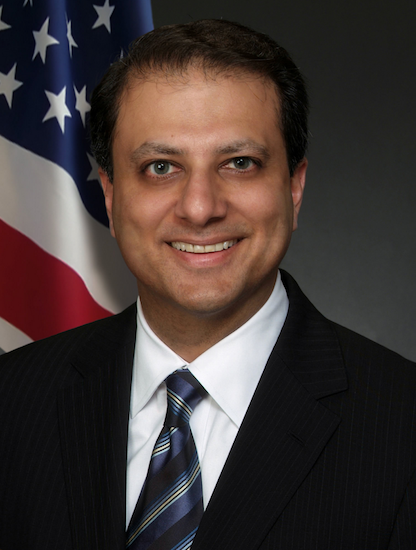Department of Justice files supporting brief in disabled voters case

With the September 2013 primaries approaching, the fight for better access for disabled voters continues in the courts. Last year, Manhattan Federal Judge Deborah Batts ordered the New York City Board of Elections (BOE) to remove barriers at polling sites that hinder access to disabled voters.
After the city’s expected appeal, U.S. Attorney for the Southern District Preet Bharara, on behalf of the United States Department of Justice, deemed it necessary to file a brief in support of disabled voters.
A 2011 survey conducted by the Center for Independence for the Disabled (CIDNY), an organization authorized to train and certify poll-site surveyors, discovered that 84 percent of New York City poll sites contained at least one significant barrier for voters with mobility or vision disabilities. A number of these polling sites are within Brooklyn neighborhoods.
